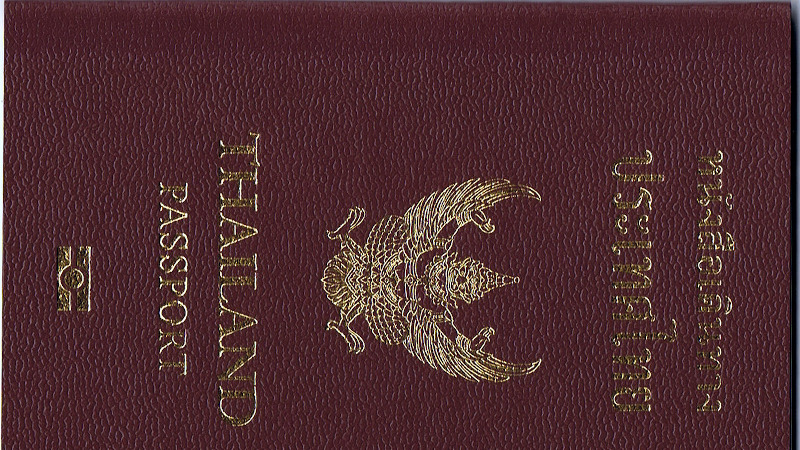US opens up new chances
October 12, 2023 by Eric Bradley
The US labor market has traditionally been a formidable
challenge for foreigners seeking work in the country,
whether for temporary or permanent residency. However,
for the first time in decades, a significant shift is
occurring.
The US is grappling with labor shortages across a wide
range of industries, causing this once-restricted market
to crack open, presenting new opportunities. This shift
is particularly promising for those with professional
skills.

Now easier to qualify for H-1B and H-2B visas
When you look at the requirements for the H-2B visa, it
can seem like you would have almost no chance of
success. The even stricter requirements for the H-1B
visa make that visa seem impossible to acquire for all
but the most elite individuals.
Of course in the past this was intentional, and designed
to discourage people from applying. It's a way of making
sure that only those who already consider themselves to
have elite qualifications will apply.
I don't think that was a very sensible policy because it
overlooks a very important psychological factor. Those
who are clever and competent rarely acknowledge that
they are. "Imposter syndrome" is a real thing,
and it is often the most talented individuals who are
most heavily burdened by it1. The implication
of this erroneous policy is that it may have been
costing the government up to 30% of attracting the best
and brightest minds, with some data suggesting that up
to 70% of experts have experienced at least mild
imposter syndrome from time to time1.
Meanwhile, much less talented people — the
real "imposters" — usually tend
to over-rate their abilities2.
This has led to an ironic situation where genuinely
talented people feel discouraged to apply for a visa
that was designed especially for them, while their place
gets taken by people with much less talent but who feel
emboldended by a false sense of their own worth.
The problem is that Covid-19 created shortages of
experts in many industries and we're now seeing the
effects. The government has recognized that not enough
experts are applying to move to the US.
To address this crisis, the government has made it
easier for applicants (and immigration officers) to
understand the requirements for the H-1B and H-2B visas.
The requirements are now written in a less intimidating
way, and make it clearer that experts don't need to be
Nobel Prize winners, but simply people with expert
knowledge that is uncommon.
This means if you have a college degree and a few years
of experience, you will probably qualify for a H-1B
visa, and if you have only one of those things, you can
possibly qualify for a H-2B visa.
How to Apply
If you genuinely believe you have an above average level
of expertise or that you are a highly competent
individual (or even if you don't personally feel that
way about yourself but plenty of other people do), you
may be a suitable candidate for a H-1B visa.
Don't rush out right now to submit your application,
however. While rejection rates are at an all-time
low3, there is still some risk involved, as
the fees for a rejected visa application are not
normally refunded.
We counsel anyone considering immigrating to the United
States to consult with an expert immigration lawyer, as
this way you can make sure your application has the best
chance of succeeding.
Also make sure you have all the required documentation,
and additionally any supporting documentation that will
help affirm your expertise. This point is often
overlooked, and it can be a costly oversight to apply
with only the minimum documentation if you have more.
If you are a Thai student currently studying with ACES
Education, please ensure you have completed all the
required courses for both your aviation program and your
US college degree requirements. This will give your
application a strong standing.
In demand professions
The present shortage has created employment gaps in a
diverse range of professions. The most urgently needed
personnel are qualified professionals in the following
occupations:
-
Medical professionals including surgeons, doctors,
dentists, nurses, and expert medical technicians.
-
Teachers and professors.
-
Pilots, aerospace engineers, avioinics specialists,
licensed aircraft engineers & aircraft mechanics.
-
Other engineers, electrical and electronics
specialists.
This is not an exhaustive list, and many other
professionals can apply if they feel they will meet
the requirements.